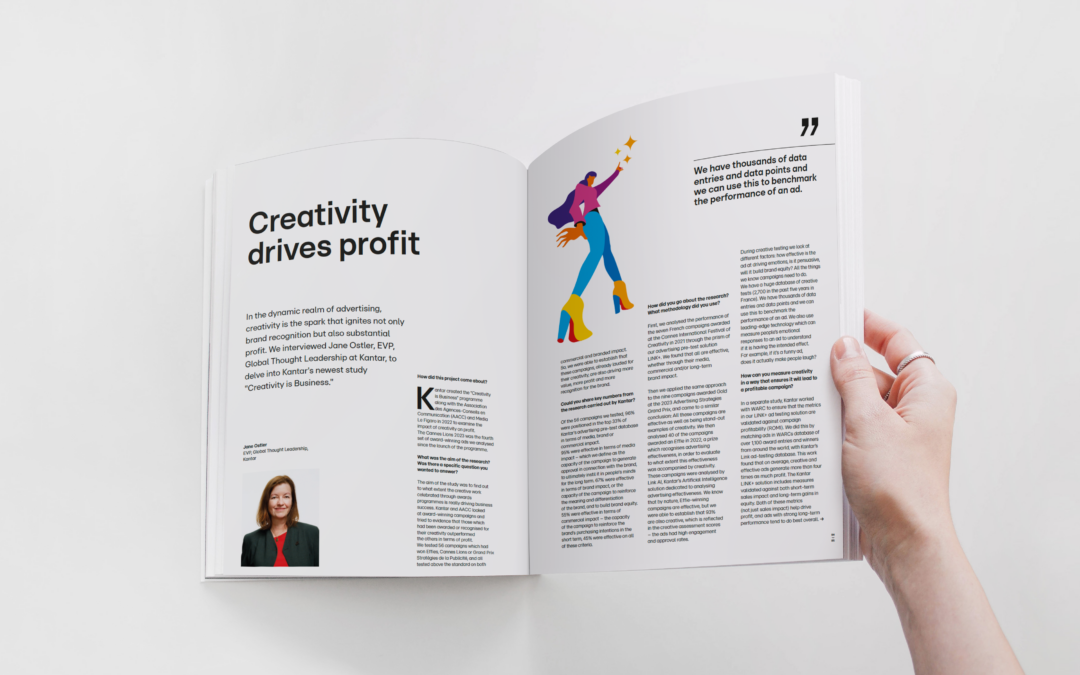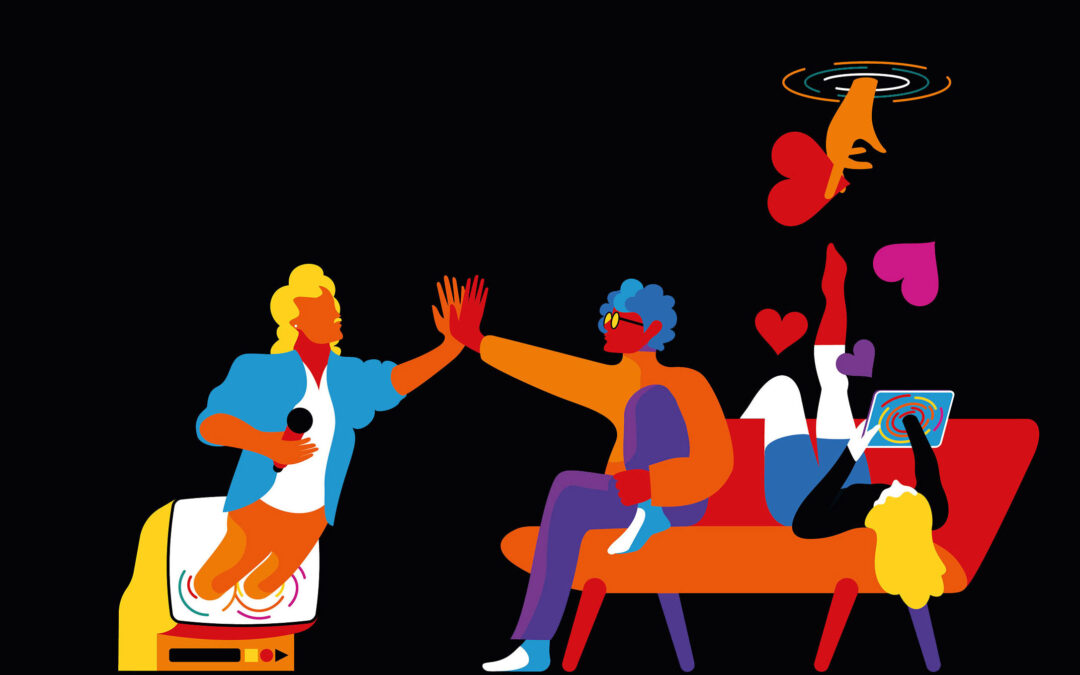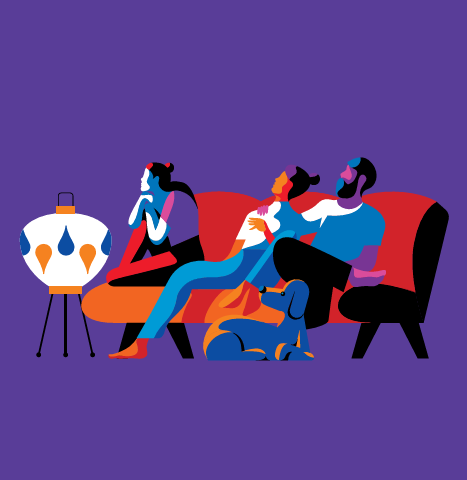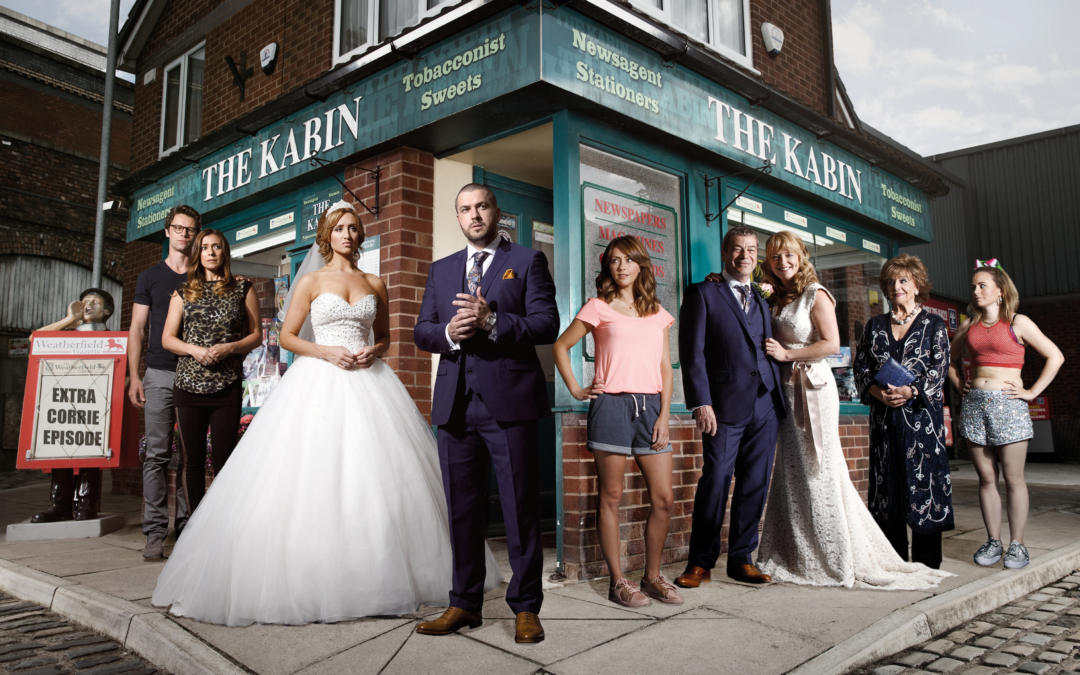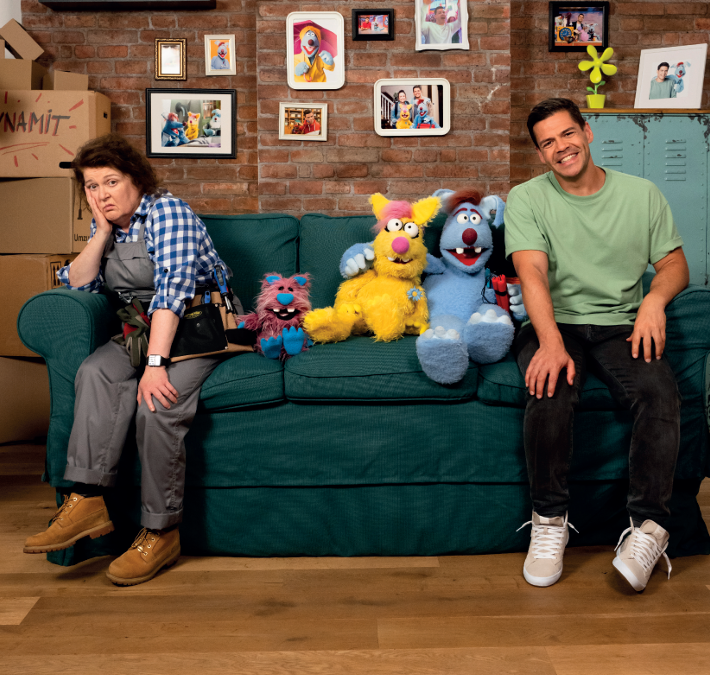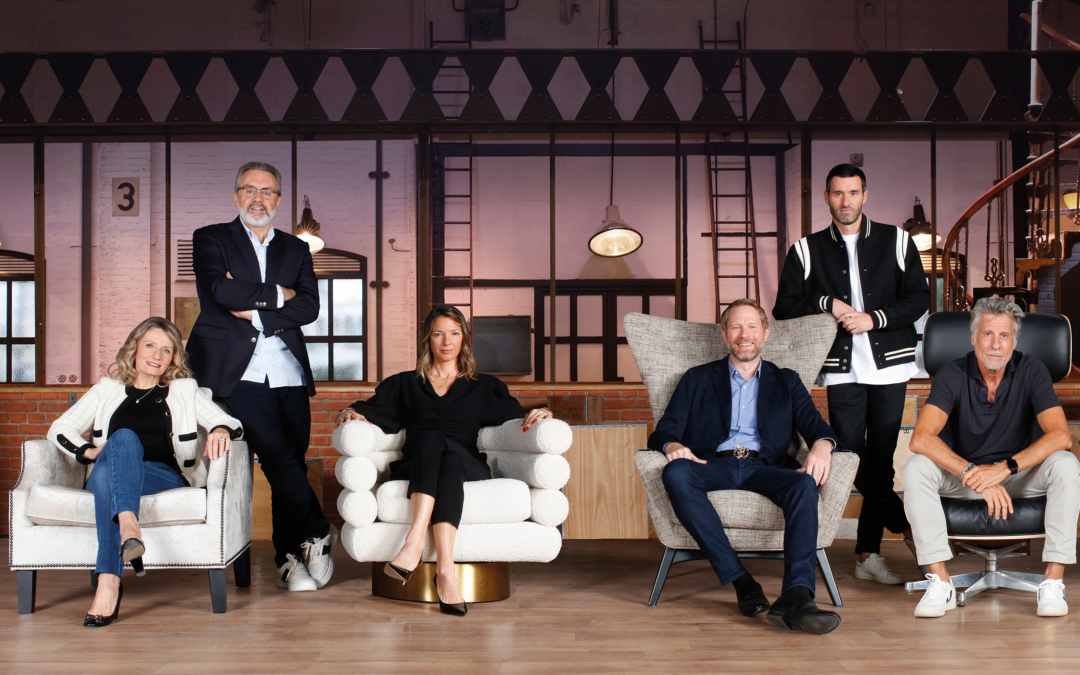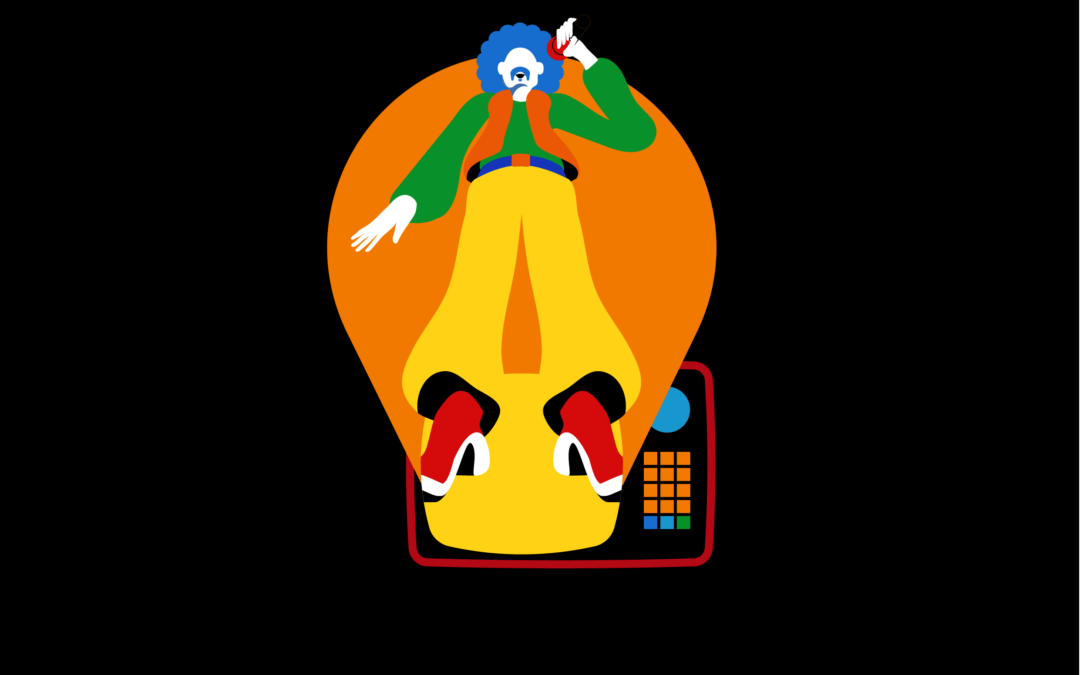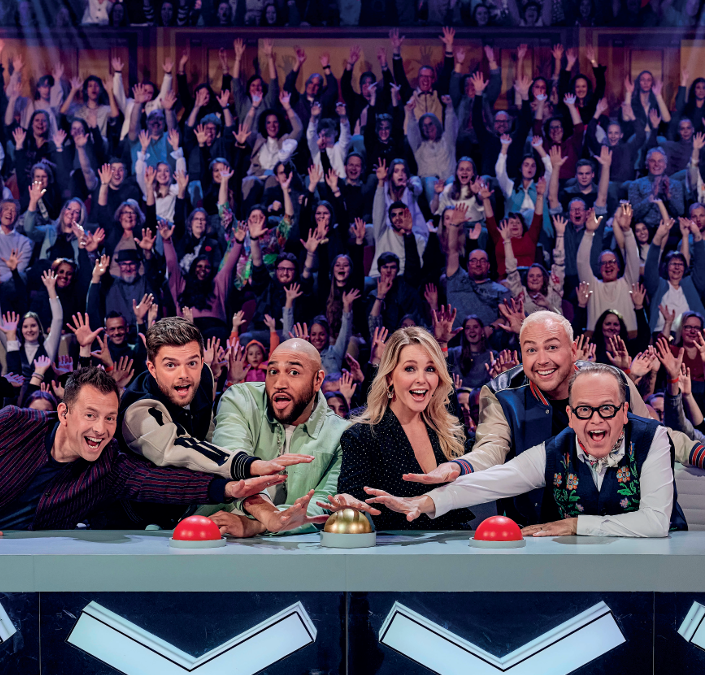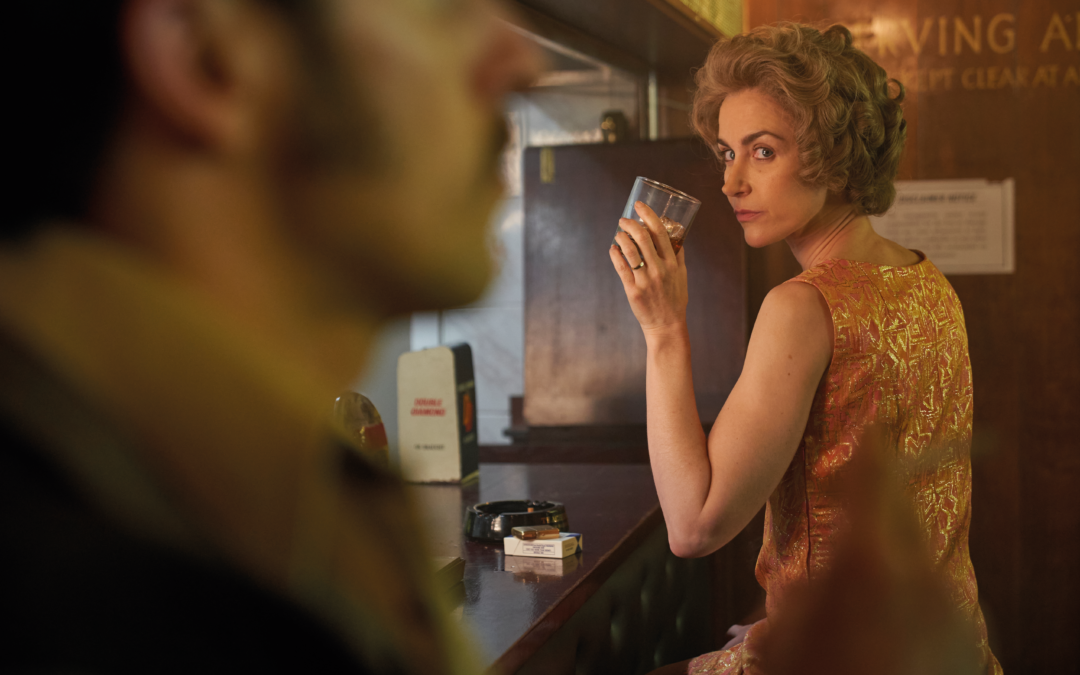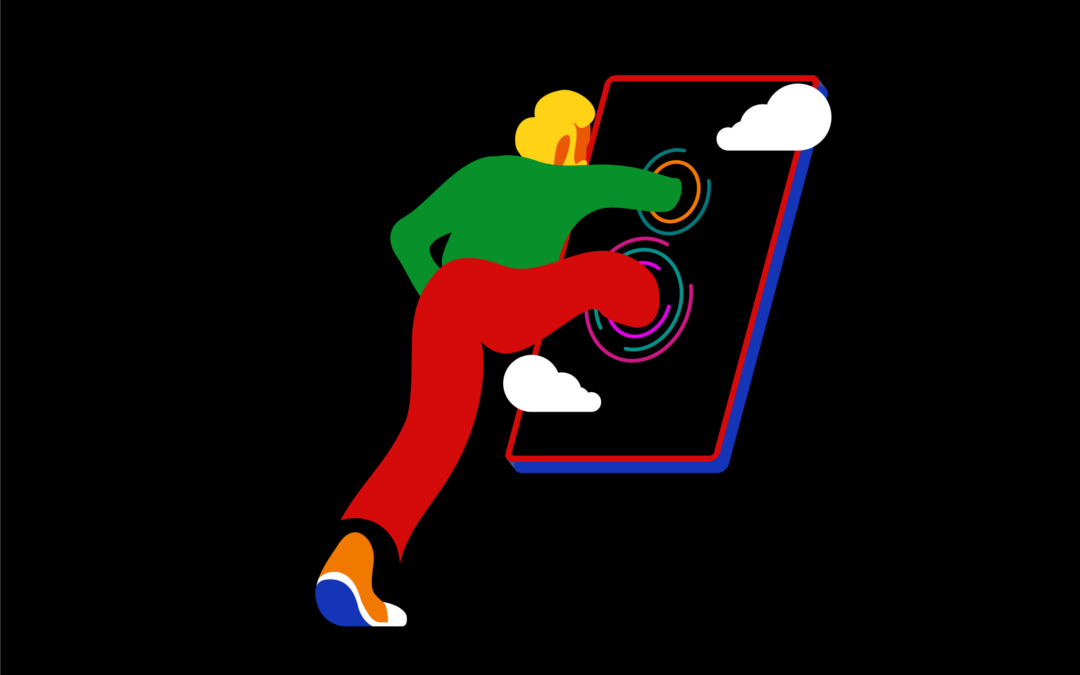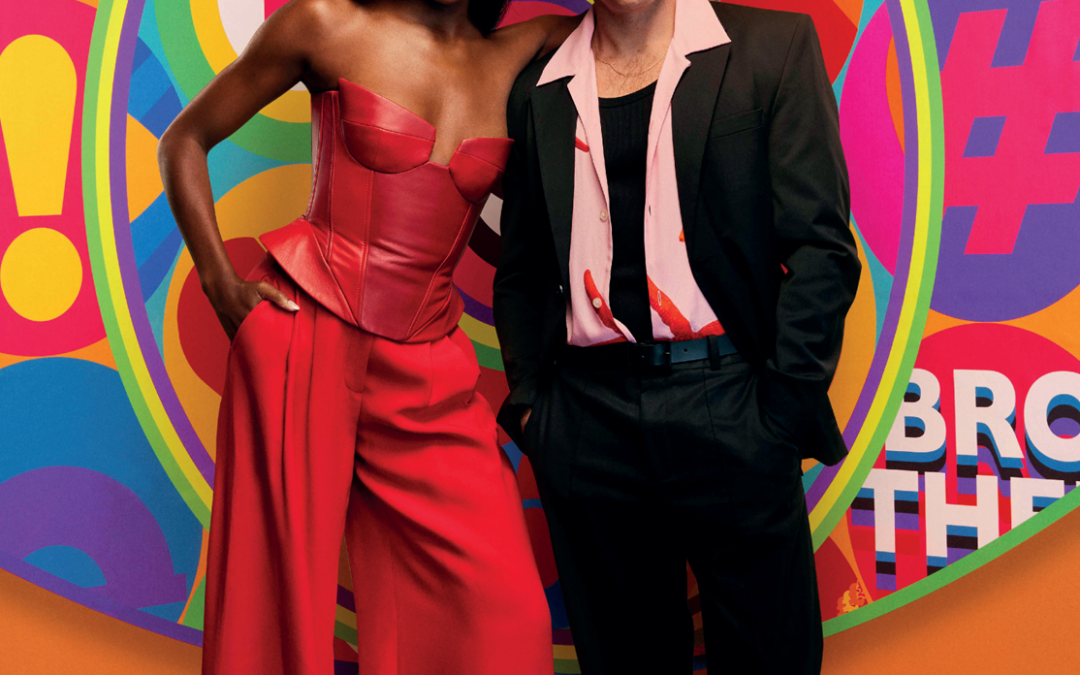While 2020 has been disruptive in many ways, some creative minds really succeeded in making the most of a tough situation. With The People’s Ad Break, ITV invited viewers in the UK to film and edit entirely homemade versions of classic TV ads. The winning entries would then be shown during a unique peak-time ad break to millions of Brits.
In March 2020 a wave of stay-at-home orders were issued by governments across Europe as officials sought to contain the Covid-19 pandemic.
With schools, offices and shops closed plus widespread restrictions on even leaving the house, people had to make their own entertainment. We quickly saw living rooms transformed into makeshift production studios and the lockdown viral video trend was born: a family performing Les Misérables, homemade versions of the Arnolfini Portrait using bin bags, Judi Dench as the unexpected mistress of TikTok.
British broadcaster ITV responded with an imaginative competition to inspire creativity and pay homage to some of the nation’s most beloved TV ads.
Dubbed The People’s Ad Break, ITV invited viewers to film and edit entirely homemade versions of classic TV ads. The winning entries would then be shown during a unique peak-time ad break, giving the people behind them the thrill of knowing millions of people would see their efforts.
Knowing time was of the essence, ITV worked quickly to find advertisers who were willing to revisit the past. Honda agreed to have its legendary ‘Cog’ ad remade and Haribo put forward its ‘Boardroom Kids’ spot for the homemade touch. Rounding out the five ads were a spot for supermarket Aldi featuring a gin-loving grandmother, an ad for the crisp brand Walkers and one for Weetabix, the cereal brand. On Saturday 23 May, just five weeks after it was conceived, The People’s Ad Break aired during ITV’s biggest show of the week, Britain’s Got Talent – and the response was immense.
We asked ITV’s Chris Goldson, who is Director of Commercial Marketing, to tell us more about this unusual collaboration between broadcaster, brands and viewers.
A ‘People’s Ad Break’ is one of those ideas which potentially sounds great on paper but never becomes reality… how did ITV decide to go ahead with it?
In the initial stages of lockdown, as we saw the virus travel from East to West, memes were doing the same. And they were funny, they helped people to cope. Like other broadcasters, we saw our viewing figures increase hugely during lockdown and realised television was playing a number of roles in pandemic life. TV was informing people, but equally valid was the role TV played in providing an escape and entertainment. It felt right for ITV as so much of our programming is about entertaining people; and based on past experiences we were confident that the audience would really get behind it. Early on, we had the idea of getting people to remake one of their favourite ads – it’s a simple idea, and everyone at ITV was really excited about it. As we talked to people outside the business, we knew – during an incredibly difficult time – it was something very positive we could do, but in a way that was linked to what was happening. The idea was so clear and strong that we knew the audience would be receptive, and we could tap into the public’s creativity. We also had the challenge that we didn’t know how long this window of opportunity would be open, before someone else did it – or the time just moved on. It also felt like a very ITV thing to do.
How did brands respond to collaborating on The People’s Ad Break, was there a lot of ‘not now guys, there’s a global pandemic’?
Brands were really supportive. They understood why we wanted to do it, why the nation wanted to take part, it was really positive. At a time where life has changed so dramatically, thinking back to normality, to happier times and fun advertising was a way of helping people to feel more at ease. There’s something powerful about nostalgia at the moment. It was also a natural way for brands to be part of a new national cultural moment, when brilliant films made by people stuck at home were going viral almost daily. We anticipated some issues – we knew we wouldn’t have time for any music clearance for example, and that some brands might not want to revive old campaigns if they’d changed branding or straplines. An unexpected challenge was that it was hard to track down broadcast-quality versions of the original ads to run during the competition launch, as many ads had not run for years. But we managed to resolve it.
We’re often told that people hate ads – what did this project reveal about the truth of this?
The thing is, people don’t hate advertising, they hate bad advertising. They don’t like advertising that’s cheap or makes false claims. Actually good, interesting TV advertising is really enjoyed and loved by viewers. We proved this with the competition: as there were just 10 days to create an entry, we had hundreds of submissions and there were versions of every ad in the challenge – even the Weetabix ad with a full-size submarine. Research showed that the remakes scored between 73% and 84% on brand recall, well ahead of the UK average of 65%[1]. It gave viewers a chance to be part of the advertising world, and be on TV – and allowed the brands insight into the viewers’ world.
to be part of the
advertising world,
and be on TV – and allowed
the brands insight into
the viewers’ world.
Was this a pandemic one-off or do you think it’s something you might take forward and repurpose, as it was obviously such a big hit with audiences?
It was very much of the moment and there would be a danger in doing it repeatedly. But Christmas ads are something people absolutely love so we are looking at doing it again – the difference is that it would be a challenge to remake brands’ current ads, not old ones. It’s such a good, upbeat way of bringing the audience in, we think it will be fun to do a Christmas special.
[1] Source: Unruly.

